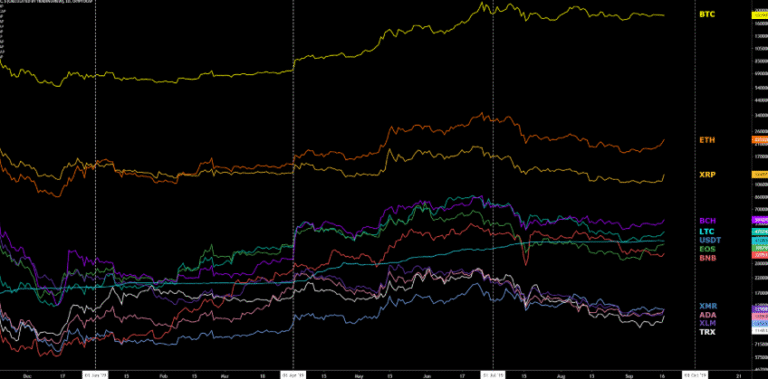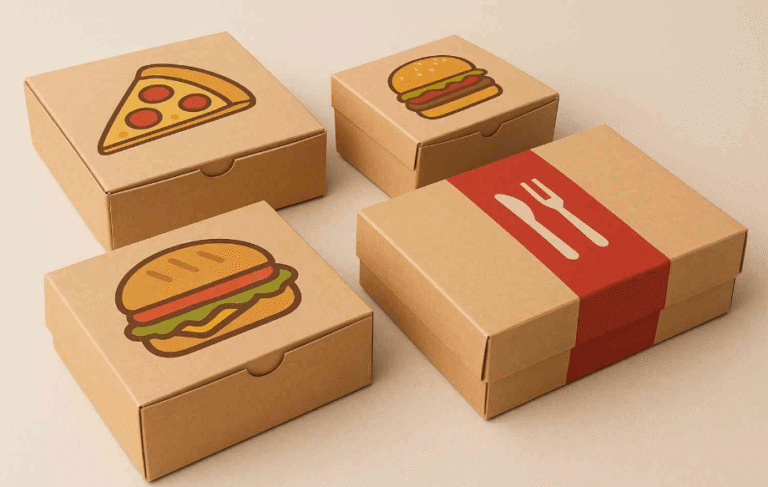When Medicine Runs Out: Finding Safe Drug Alternatives
Medicine shortages are a growing issue, impacting millions and creating uncertainty for patients. This guide offers practical steps to manage shortages, explore alternatives, and work with your healthcare team to maintain your health and avoid complications.
Why Drug Shortages Happen
Drug shortages stem from multiple complex factors within the pharmaceutical supply chain. Manufacturing problems represent one of the most common causes, ranging from equipment failures to quality control issues that force temporary shutdowns. When a facility producing a widely-used generic medication experiences problems, the ripple effects can impact thousands of patients.
Supply chain disruptions also play a significant role. Raw material shortages, transportation delays, and geopolitical events can all interrupt the steady flow of medications to pharmacies. The COVID-19 pandemic highlighted just how vulnerable these supply chains can be, with lockdowns and border closures creating unprecedented shortages across multiple drug categories.
Economic factors contribute as well. Generic medications, while affordable for consumers, often operate on thin profit margins for manufacturers. When production costs rise or demand fluctuates unpredictably, some companies may reduce production or exit the market entirely, creating sudden shortages of essential medications.
Regulatory issues can compound these problems. When the FDA identifies safety concerns at manufacturing facilities, production may halt until problems are resolved. While these measures protect patient safety, they can create immediate supply gaps that take months to fill.
Read Also: The Hidden Connection Between Sleep and Your Overall Health
Immediate Steps When Your Medication Isn’t Available
The moment you discover your medication is unavailable, time becomes critical. Contact your prescribing physician immediately, even if it means calling after hours or visiting an urgent care center. Your doctor needs to know about the shortage as soon as possible to arrange alternatives before your current supply runs out.
Don’t attempt to stretch your remaining medication by taking smaller doses or skipping days without medical supervision. This approach can be dangerous and may worsen your condition. Instead, be honest with your healthcare provider about exactly how many pills or doses you have left.
Check with multiple pharmacies in your area, as shortages don’t always affect every location simultaneously. Chain pharmacies, independent pharmacies, and hospital pharmacies may have different suppliers and varying stock levels. Your pharmacist can also check with their wholesalers to determine when new shipments might arrive.
Consider asking your doctor about getting a prescription for a larger quantity if the medication becomes available again. Many insurance plans allow for emergency overrides during documented shortages, enabling you to build a small buffer supply for future disruptions.
Safe Alternative Medications
Generic substitutions often provide the most straightforward solution when brand-name drugs are unavailable. Generic medications contain the same active ingredients as their brand-name counterparts and must meet identical FDA standards for safety and effectiveness. Your pharmacist can usually make this substitution automatically if your doctor hasn’t specified “brand name only” on the prescription.
Therapeutic alternatives represent another viable option. These are different medications that treat the same condition through similar mechanisms. For example, if one blood pressure medication is unavailable, your doctor might prescribe a different drug from the same class that works comparably well. These switches require medical supervision, as dosing and side effects may vary between medications.
In some cases, combination therapies might replace a single unavailable drug. Your doctor might prescribe two lower-dose medications that together provide the same therapeutic effect as your original prescription. This approach can be particularly useful for conditions like high blood pressure or diabetes, where multiple drug classes can work synergistically.
Immediate-release formulations might substitute for extended-release versions of the same medication, though this typically requires more frequent dosing throughout the day. Your doctor will need to adjust the dosing schedule and possibly the total daily dose to maintain the same therapeutic effect.
Compounding Solutions
Compounding pharmacies can create customized medications when commercial versions aren’t available. A compounding pharmacy consultant can work with your doctor to formulate a medication that matches your specific needs, including the exact strength and dosage form you require.
This option works particularly well for medications with simple formulations or when you need a specific strength that isn’t commercially available. Compounding can also help with pediatric patients who need liquid formulations of typically solid medications, or for patients with allergies to specific inactive ingredients found in commercial products.
However, compounded medications may cost more than commercial versions and might not be covered by insurance. The preparation time can also be longer, so planning ahead becomes essential. Always ensure the compounding pharmacy follows proper quality standards and has experience with your specific medication.
Working with Your Healthcare Team
Open communication with your healthcare providers becomes crucial during drug shortages. Provide your doctor with a complete list of all medications you’re taking, including over-the-counter drugs and supplements, as these can interact with potential alternatives.
Be upfront about any previous adverse reactions or allergies you’ve experienced with medications. This information helps your doctor avoid alternatives that might cause problems and ensures any new prescription will be safe for your specific situation.
Discuss your lifestyle and preferences with your healthcare team. If you have trouble remembering to take multiple daily doses, mention this when considering alternatives that require more frequent dosing. If you have difficulty swallowing pills, make sure your doctor knows before prescribing tablets that can’t be crushed or split.
Keep detailed records of how you respond to any alternative medications. Note any side effects, changes in symptoms, or concerns about effectiveness. This information will be valuable if you need to try additional alternatives or when your original medication becomes available again.
Preventing Future Supply Issues
Building a reasonable medication supply can help buffer against future shortages. Work with your doctor and insurance company to get 90-day prescriptions when possible, rather than 30-day supplies. This approach reduces the frequency of pharmacy visits and provides a longer buffer during shortages.
Stay informed about potential shortages affecting your medications. The FDA maintains a public database of current drug shortages, and many patient advocacy organizations provide alerts about medications for specific conditions. Your pharmacist can also sign up for shortage notifications from their suppliers.
Consider having backup prescriptions for critical medications. Some doctors will provide prescriptions for alternative medications that you can keep on file at your pharmacy, ready to fill if your primary medication becomes unavailable. This proactive approach can save precious time during actual shortages.
Maintain regular communication with your pharmacy about your ongoing medication needs. Many pharmacies will place you on notification lists for backordered medications and can call you the moment new stock arrives.
Conclusion
Drug shortages can be challenging, but preparation helps. Discuss alternatives with your healthcare team, keep an updated medication list, and rely on pharmacists for guidance. Never stop medications without medical advice—planning and communication are key to managing shortages.






